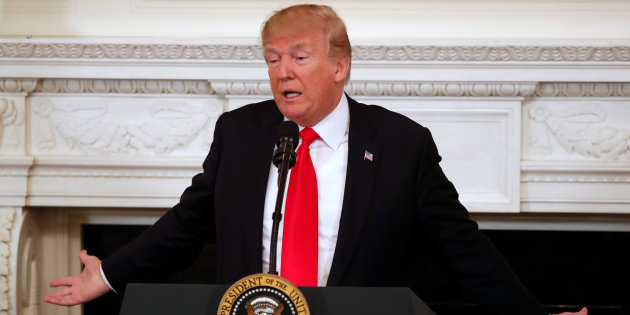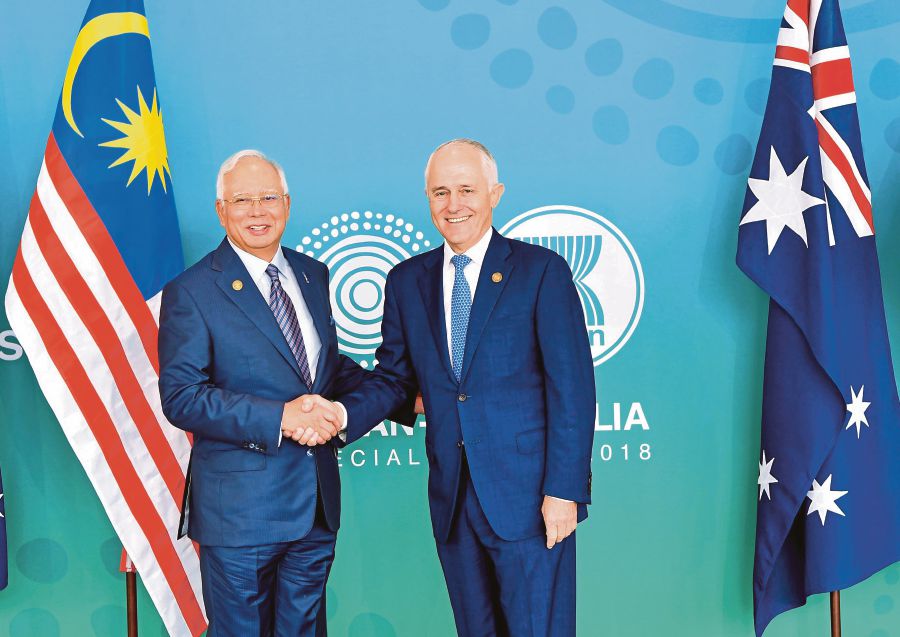The steel and aluminum tariffs imposed by U.S. President Trump have made the cost of doing business a lot harder for many domestic companies.
In an attempt to make American aluminum more competitive with lower cost material made overseas, Trump announced last week that the United States would slap a 25-percent tariff on imported steel and a 10-percent tariff on imported aluminum, which would take effect in 15 days.
For Oskar Blues Brewery in Longmont, Colorado, the first American craft brewery to can its own beer, cans are more recyclable than glass bottles and also keep beer fresher longer, but the new tariff will indeed increase the cost of the business.
“You have an unexpected hike in your cost of doing business, obviously it hurts, you know. It’ll make it a little more challenging for us to grow, add jobs, invest in the communities where we have breweries,” said Chad Melis, marketing director of Oskar Blues Brewery.
Oskar Blues figures it’ll cost 400,000 U.S. dollars a year more to buy its cans, some of which also contain free drinking water for communities in need.
And it could, Chad Melis says, make beer more expensive.
Up the road in Fort Collins, Colorado Metal Manufacturing, a custom fabrication shop, does a range of jobs for mostly industrial clients.
The factory owner Gregg Danson says aluminum prices began climbing before the tariff announcement. That has forced him to revise quotes already given for upcoming jobs. Aluminum-related orders are down. He wonders how his small company will be affected.
“Projects that are a little more complicated than a lot of shops are equipped to do. I think the supply is going to be short, the cost of material is going to be high. My job’s pretty secure, but what about my guys. It’s going to trickle down on everybody,” said Danson.
And yet Danson is torn. As a self-described “buy American” guy, he’d like to see U.S. aluminum producers get back on their feet. But he says it won’t happen overnight. Turbulence and uncertainty may mark this part of the economy for a while, he said.
Alexandre Padilla, a professor at Metropolitan State University of Denver, said the tariffs will make a number of different aluminum products more expensive, thereby threatening jobs in those industries. Customers will also have to make higher pay for the products.
“It’s about protecting some American jobs, but as an economist I believe this is bad economics. Consumers are the ones who are going to pay the bill ultimately, in one fashion or another,” he said.





